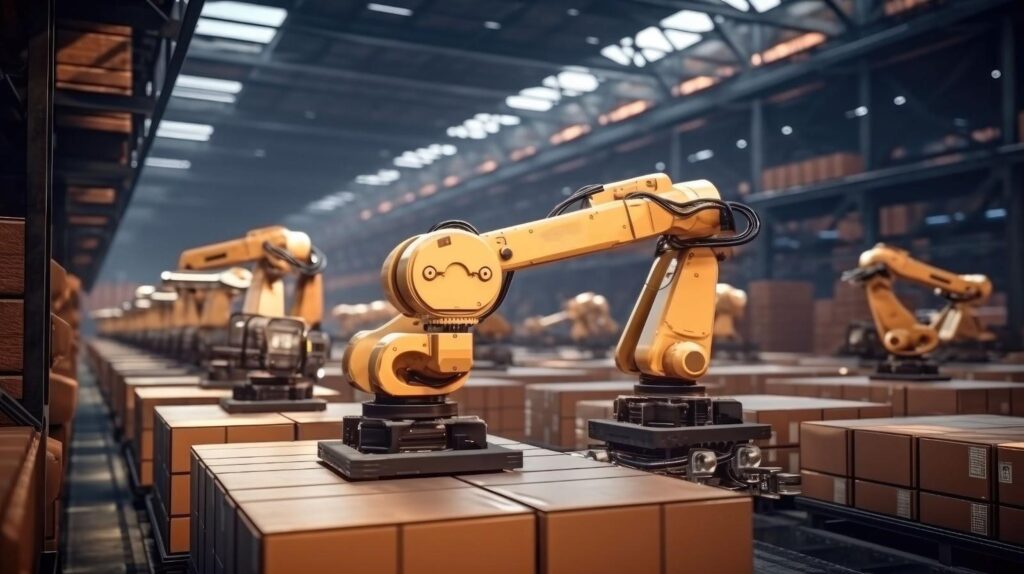Not All Valuations are Created Equal: The Importance of Professional Expertise in Property, Plant and Equipment Valuation
Not All Valuations are Created Equal: The Importance of Professional Expertise in Property, Plant and Equipment Valuation

The Complexity of Valuation
Property, plant and equipment valuations are far from being a straightforward, one-size-fits-all task. They involve a complex blend of market knowledge, an understanding of the asset’s characteristics and the ability to interpret economic conditions. This complexity becomes even more pronounced in the case of specialised properties and high-value equipment.
● Market Knowledge
Professional valuers possess in-depth knowledge of market trends and conditions. They have access to extensive databases and resources that allow them to make well-informed assessments. This market insight is crucial, especially when valuing unique or specialised properties and equipment.
● Technical Expertise
Valuing property, plant and equipment often requires a detailed understanding of technical aspects. Professional valuers have the expertise to assess the physical condition, operational efficiency and technological relevance of assets, factors that significantly influence their value.
● Compliance and Standards
Valuations must adhere to a variety of standards and regulations, which can vary by region and asset type. Professional valuers are well-versed in these requirements. They ensure that valuations are compliant. And it should also withstand scrutiny from auditors, tax authorities or potential buyers.
The Risks of DIY Valuation
Attempting a do-it-yourself (DIY) valuation or employing non-specialised services can lead to inaccurate and misleading results. Such valuations often overlook critical factors, leading to over or undervaluation of assets. This miscalculation can have serious implications.
- Inaccuracy in Valuation: There’s a high chance of miscalculating the asset’s value. This leads to either overvaluation or undervaluation.
- Lack of Market Knowledge: DIY valuations often miss out on critical market insights and trends, which are essential for a realistic and current valuation.
- Overlooking Technical Aspects: Valuations require understanding technical details, which might be overlooked without specialised knowledge.
- Non-compliance with Standards: There are numerous standards and regulations governing valuations. DIY approaches might fail to comply, leading to legal and financial repercussions.
- Biased Valuation: Personal biases can inadvertently influence the valuation outcome, reducing its objectivity and reliability.
- Missed Economic Indicators: Economic factors, such as interest rates, inflation and economic cycles, significantly impact valuations. Without professional insight, these may be misinterpreted or ignored.
- Inadequate Documentation and Reporting: Professional valuations include comprehensive documentation and reports. This might be inadequately prepared in DIY valuations, affecting their credibility and usefulness.
- Difficulty in Future Planning: Professional valuers can forecast future asset potential. It’s a nuanced aspect often missed in DIY valuations, impacting long-term planning.
- Reduced Credibility with Stakeholders: A DIY valuation may not be taken as seriously by banks, investors or buyers compared to one conducted by a professional, affecting negotiations or sales.
- Potential Financial Losses: Incorrect valuations can lead to significant financial losses from selling assets below market value or investment misjudgments.
- Time and Resource Intensive: DIY valuations can consume considerable time and resources, often more than anticipated, without guaranteeing accurate results.
The Professional Valuer’s Edge
1. Accurate and Goal Assessments
2. Income Approach
A professional valuation is not just about determining current worth but also understanding the asset’s future potential. This foresight is vital for strategic planning, investment decisions and maximising the value of assets over time.
3. Enhancing Credibility
A valuation carried out by a respected professional enhances the credibility of the asset’s worth, a factor that is invaluable in negotiations, financing or sale processes. It instils confidence among stakeholders, lenders and buyers.
Our Takeaway
Not all valuations are created equal; the difference lies in the expertise, accuracy and reliability that a professional valuer brings. Whether it’s for compliance, sale, investment or strategic planning, a professional valuation is an indispensable tool. It helps navigate the complex landscape of property, plant and equipment assets. Remember, in the world of asset valuation, cutting corners can cost far more than hiring a professional.
To ensure you’re getting the right valuation for your property, plant and equipment, consult Australian Valuations. Avoid taking risks so you can get your money’s worth!